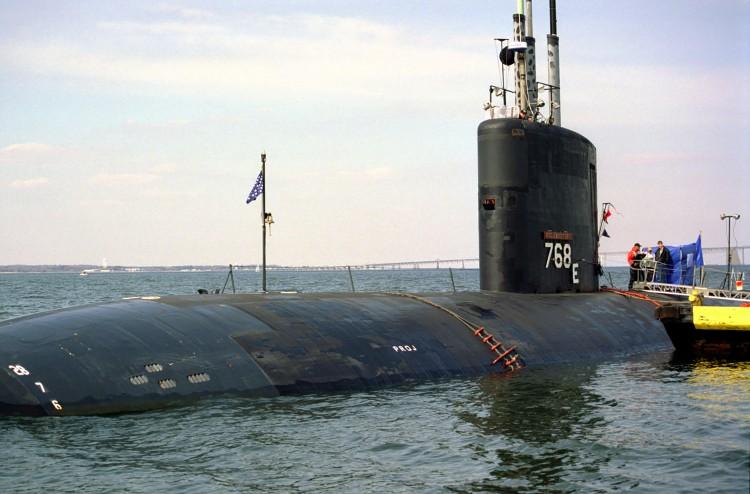Beijing has panned the United Nations’ nuclear watchdog for the agency’s positive assessment of the progress of the AUKUS deal so far.
“The Agency, on the basis of technical consultations and exchanges it has conducted with the AUKUS parties to date, is satisfied with the level of their engagement,” according to a report from the International Atomic Energy Agency (IAEA) on Sept. 9 that was seen by Reuters.





